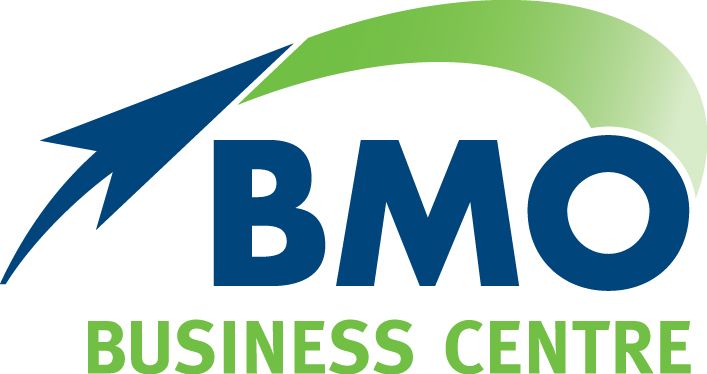Super changes add flexibility
From 1 July 2020, changes came into effect with the potential to help retirees as well as members suffering financial hardship due to COVID-19.
Here’s a summary of the new rules.
Work test to kick in at 67
Under changes to the work test , if you are aged 65 or 66 you can now put money into super even if you aren’t working. This gives people flexibility to make voluntary catch-up contributions for a few more years and give their retirement savings a last-minute boost.
Under the work test, which now kicks in at age 67, you must work at least 40 hours within 30 consecutive days in the financial year in which you make the contribution.
It was also proposed to allow people aged 65 and 66 at the start of the financial year to use the existing non-concessional bring forward rules. If eligible, this allows you to ‘bring forward’ up to three years’ worth of non-concessional contributions (up to $300,000) in the current financial year. Legislation must be passed before this proposal becomes effective.
Couples get a super boost
Couples also have more flexibility to grow their retirement savings later in life, thanks to recent changes to spouse contributions. As of 1 July 2020, you can contribute to your spouse’s super fund until they reach age 75, up from the previous age limit of 70.
What’s more, if your spouse (married or de facto) earns less than $37,000 you may be able to claim a tax offset of up to $540 for your contribution to their super. The offset phases out once your partner’s income reaches $40,000.
The usual non-concessional contribution limits still apply, and the receiving spouse still needs to meet the work test where applicable.
Super pension draw-downs halved
Retirees whose superannuation has taken a hit from the COVID-19 market volatility have also been given a bit more wriggle room this financial year. The government has temporarily halved the minimum amount retirees must withdraw each financial year from their account-based super pension.
This temporary measure will help retirees who might otherwise have to sell assets at depressed prices to provide cash for their pension payments.
For example, someone aged 65 would normally be required to withdraw 5 per cent of their super pension account balance each financial year. But in 2020-21 they need only withdraw 2.5 per cent of their account balance if they wish. There’s no maximum withdrawal rate.
Early release of super
Younger super fund members have not been forgotten. You can withdraw up to $10,000 from your super account this financial year if you are suffering financial hardship due to the economic impact of COVID-19. This is in addition to the $10,000 you could withdraw last financial year.
It must be stressed though, that the early withdrawal of your super should be a last resort because of the adverse impact on your retirement savings. An amount of $10,000 withdrawn early in your working life could potentially be worth many times that by the time you retire.
If, after weighing up your financial options, you wish to take advantage of this temporary measure the application period has recently been extended to 31 December 2020.
Super guarantee amnesty for employers
If you run your own business and you have taken your eye off the ball when it comes to paying the correct amount of super to your employees, then the Australian Taxation Office (ATO) is offering a temporary amnesty to set things right.
You have until 7 September 2020 to disclose and pay any unpaid Super Guarantee (SG) amounts for your employees. These contribution shortfalls can be from any quarter from 1 July 1992 to 31 March 2018.
Under the amnesty, you will not have to pay the administration charge or Part 7 penalty (up to 200 per cent of the Superannuation Guarantee Charge). You can also claim a tax deduction for your payments.
If you would like more information about any of these changes or how to take advantage of them, give us a call.
The information in this article does not take into account your objectives, needs and circumstances. We recommend that you obtain investment and taxation advice specific to your investment objectives, financial situation and particular needs before making any investment decision or acting on any of the information contained in this document. Subject to law, Capstone Financial Planning nor their directors, employees or authorised representatives gives any representation or warranty as to the reliability, accuracy or completeness of the information; or accepts any responsibility for any person acting, or refraining from acting, on the basis of the information contained in this document. Principal Wealth Management Pty Ltd trading as BMO Financial Solutions ABN 53 109 336 601 is a Corporate Authorised Representative (CAR 277821) of Capstone Financial Planning Pty Ltd ABN 24 093 733 969 Australian Financial Services Licence (AFSL) No. 223135.
The post Super changes add flexibility appeared first on BMO Accountants.


